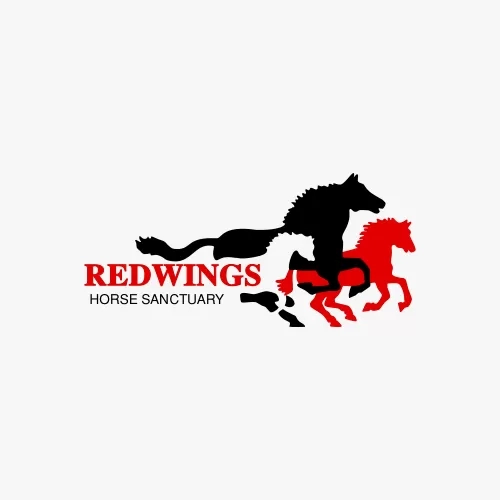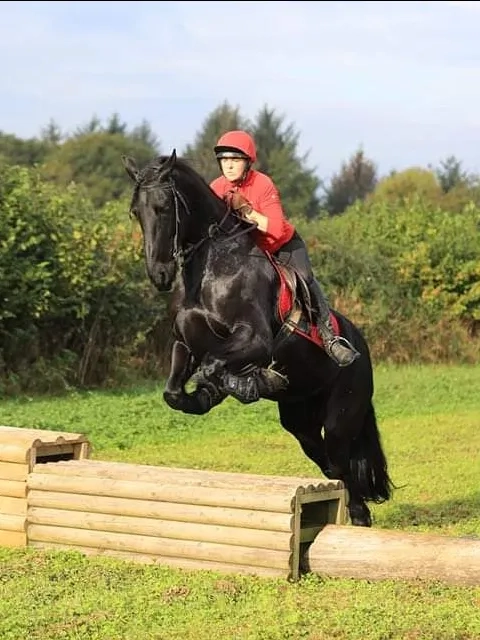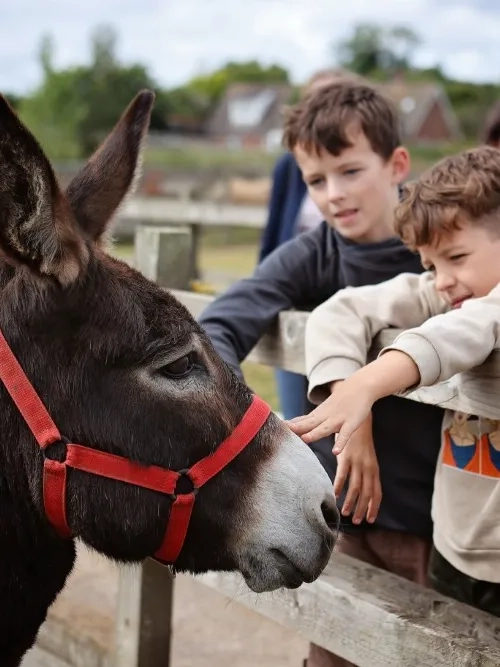02 September 2020

Every month, Beth Cooper from our Welfare Team gives you an insight into the work her and her colleagues have been focusing on. Today, she explains the project we've been undertaking to ensure all our rescued horses and donkeys are microchipped to meet upcoming changes in legislation.
A change in legislation about microchipping means that from 1st October 2020, all owners in England must chip and register their horses, ponies and donkeys. Equines in Wales must be microchipped by 12th February 2021 and in Scotland by 28th March 2021.
As the UK’s largest horse sanctuary, with around 1,500 equines receiving daily care at our farms and more than 700 living in Guardian homes, it is vitally important that we have all of our equines microchipped.
Why is microchipping so important? Well, the use of a microchip in any animal has a number of very important uses, all of which help to keep our animals safe, and to help make sure that owners who neglect or abuse their animals are caught and prosecuted accordingly.
A microchip, which is only 1cm long (no bigger than a grain of rice), is inserted into the horse’s neck and the number is recorded on the chip’s database and registered to the owner. In horses, this is usually the nuchal ligament in their neck, where the horse can’t feel it and it’s less likely to move around. The whole procedure takes about 15 minutes and is very low risk.
As both a horse owner and a welfare organisation, we know microchipping has many benefits, including:
Reuniting stray horses with owners
Helping recover stolen horses and deterring thieves
Sharing information on stolen horses
Checking age and ownership when buying a horse
Helping trace owners of horses who have been neglected or abandoned
Reducing illegal and fraudulent horse sales
Ensuring a horse cannot enter the food chain
Building a picture of the UK horse population so we can better understand and support it
At Redwings, we’re making sure all our horses, ponies, donkeys and mules are not only registered with a microchip, but that this is also linked to their passport. Linking a chip to a passport allows another level of traceability by adding the equine to the Central Equine Database.
You can see if your equine is registered by going to www.equineregister.co.uk and typing in the microchip number – the details of your equine should pop up on screen! If not, you may need to contact your Passport Issuing Organisation to arrange linking the microchip to the passport.
Last year, we offered microchipping advice at events across the UK - including Appleby Horse Fair - which you can see in the below video.
If you have any questions about the information in this blog, please contact our welfare and advice line on 01508 481008 or email welfare@redwings.co.uk.

Redwings Press Office
Find out more about Redwings Press Office



